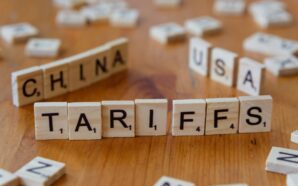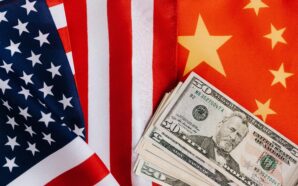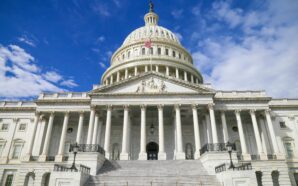Japan’s Governing Liberal Democratic Party received a landslide victory from Japanese voters in the parliamentary elections. This creates a potential for significant changes in the country despite effectively returning the country one-party rule. Shinzo Abe will have the opportunity to put an end to the nation’s sequence of ineffective and short-lived prime ministers.
This is facilitated by the parliament securing control in both houses for up to three years and presents Shinzo Abe, a vocal nationalist who has made promises to the effect of revitalizing Japan’s economy and strengthening its military, with the opportunity to be the leader that has produced the most change in Japan for a decade.
Changes to Come?
The victory falls on the backdrop of a period where many Japanese citizens seem more receptive of change. This state a result of years of ineffective efforts to reverse the economic slump and increasing territorial troubles with China pushing the pacifist nation toward in the direction of claiming a stronger military. In contrast to some of Japan’s previous leaders, Shinzo Abe, 58, presents himself as someone who is eager to produce change. His campaign ran on promises to create possibly painful but fundamental changes to the economy. There are concerns however that his pledge to not yield to China and his desire to rewrite the antiwar constitution, which prevents the maintenance of a fully-fledged military, will result in him going too far and making Japan an isolated region.
A Bold Prime Minister
Before the election, he visited a group of uninhabited islets located at the center of the territorial dispute with China. He was the first prime minister to do this and earlier he took a ride in a tank as well as climbed into a military Jet in front of the media. According to Hiroshi Shiratori, a political science professor at the Hosei University, Shinzo Abe has a pragmatic side and a strongly nationalistic side. He relayed that the election could afford him the room to be more of the latter, which would be what Abe wants.
The Sky’s the Limit?
It is unclear just how far his citizens are willing to allow him to go. The turnout for the election was only 32.6 percent, a number reduced from the almost 40 percent that took part in the upper house election. Despite the majority gained in the upper house, the results are inadequate for the two-thirds majority required by the Liberal Democrats to make a revision of the constitution. A feat that has been out of reach since the creation of the constitution by America in the aftermath of World War II. Analysts remain optimistic however and are saying that this win creates hope that the constitution can be reformed.
The largest group opposing the party secured only 17 seats. This Democratic Party had ousted the Liberal Democrats four years prior but failed in the eyes of the public to deliver on its promises. Responsible for the greatest contribution to the political victory is Shinzo Abe’s economic stimulus policies, “Abenomics” as they are known, having demonstrated some recovery in Japan’s $5 trillion economy.
-
Credit: Envato Elements Are We in the End Times? Two Biblical Signs That Seem to Be Coming True With...
-
Credit: Shutterstock Did The U.S. Just Make a Big Mistake By Bombing Iran? Donald Trump just launched airstrikes on...
-
Credit: Shutterstock World on Edge as Russia Warns Trump and Iran Vows Never to Surrender As tensions in the...
-
Credit: Shutterstock Tensions Soar as Iran Launches 100 Drones at Israel Tensions in the Middle East reached a boiling...
-
Credit: Shutterstock Viral video reignites debate over Macron’s unconventional marriage during high-stakes diplomatic tour French President Emmanuel Macron and...
-
Credit: Unsplash What is the USA Vs. China Tariff War and How it Affects You Back in early 2025,...
-
Credit: Unsplash Lavish red-carpet welcome meets rising diplomatic tension as Trump courts peace and stirs controversy in the Gulf...
-
Tensions escalate between India and Pakistan as military strikes and air combat raise fears of a wider conflict in...
-
Credit: Pixabay A Powerful Portrait of Resilience Captures Global Attention and Reveals the Human Cost of War Through the...
-
Credit: Pexels President Trump pushes aggressive tariff strategy to boost American manufacturing and reduce reliance on China amid rising...
-
A powerful earthquake strikes Southeast Asia, leaving thousands feared dead, buildings in ruins, and fears of catastrophic flooding on...
-
A shocking security blunder by National Security Advisor Mike Waltz sparks White House chaos as insiders call for resignations...



















